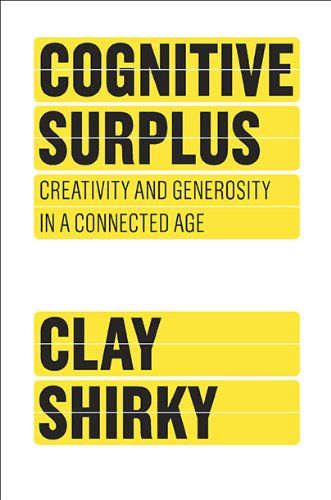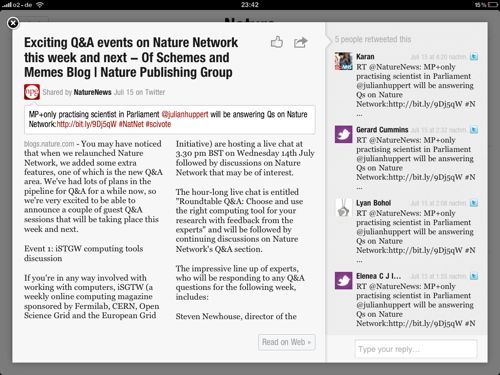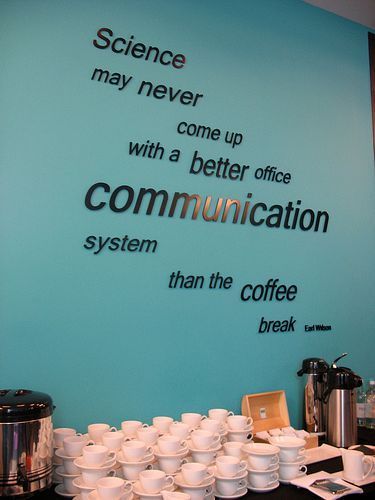
In his new book Cognitive Surplus Clay Shirky argues that in the last 50 years many of those living in industrialized countries have seen a dramatic increase in free time, paired with better education and a higher standard of living. But a very large part of that free time or cognitive surplus is now routinely used to watch television, a passive activity that makes us a consumer rather than a participant.







